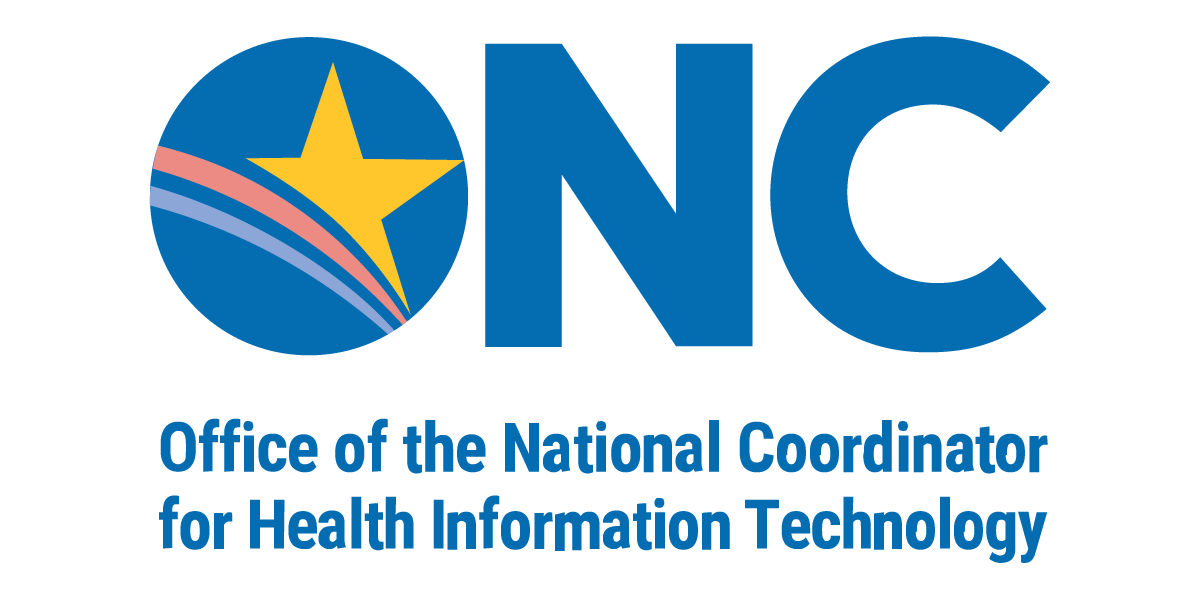In contrast to clinical reference material, such as continuously updated online journals and medical texts, computerized clinical decision support systems directly assist the clinician in making decisions about a specific patient. Decision support systems do not need to be sophisticated to have significant impact. For example, simple dose-range checking for medications (such as opiates and insulin), drug-drug interaction checking, and drug-allergy checking are conceptually straightforward but can catch a critical source of human error that no amount of personal vigilance will entirely eliminate. Slightly more advanced are systems that analyze clinical data (such as calculating a creatinine clearance) and present guidance based on those data. More sophisticated examples are systems that look for trends in values, such as the rate of fall of the hematocrit or the rising weight of an ICU patient who is accumulating extracellular fluid, where an absolute number may not be noted by the decision support system or clinician, but an alert to the trend may be important and prompt action.
The material in these guides and tools was developed from the experiences of Regional Extension Center staff in the performance of technical support and EHR implementation assistance to primary care providers. The information contained in this guide is not intended to serve as legal advice nor should it substitute for legal counsel. The guide is not exhaustive, and readers are encouraged to seek additional detailed technical guidance to supplement the information contained herein.
Reference in this web site to any specific resources, tools, products, process, service, manufacturer, or company does not constitute its endorsement or recommendation by the U.S. Government or the U.S. Department of Health and Human Services.


